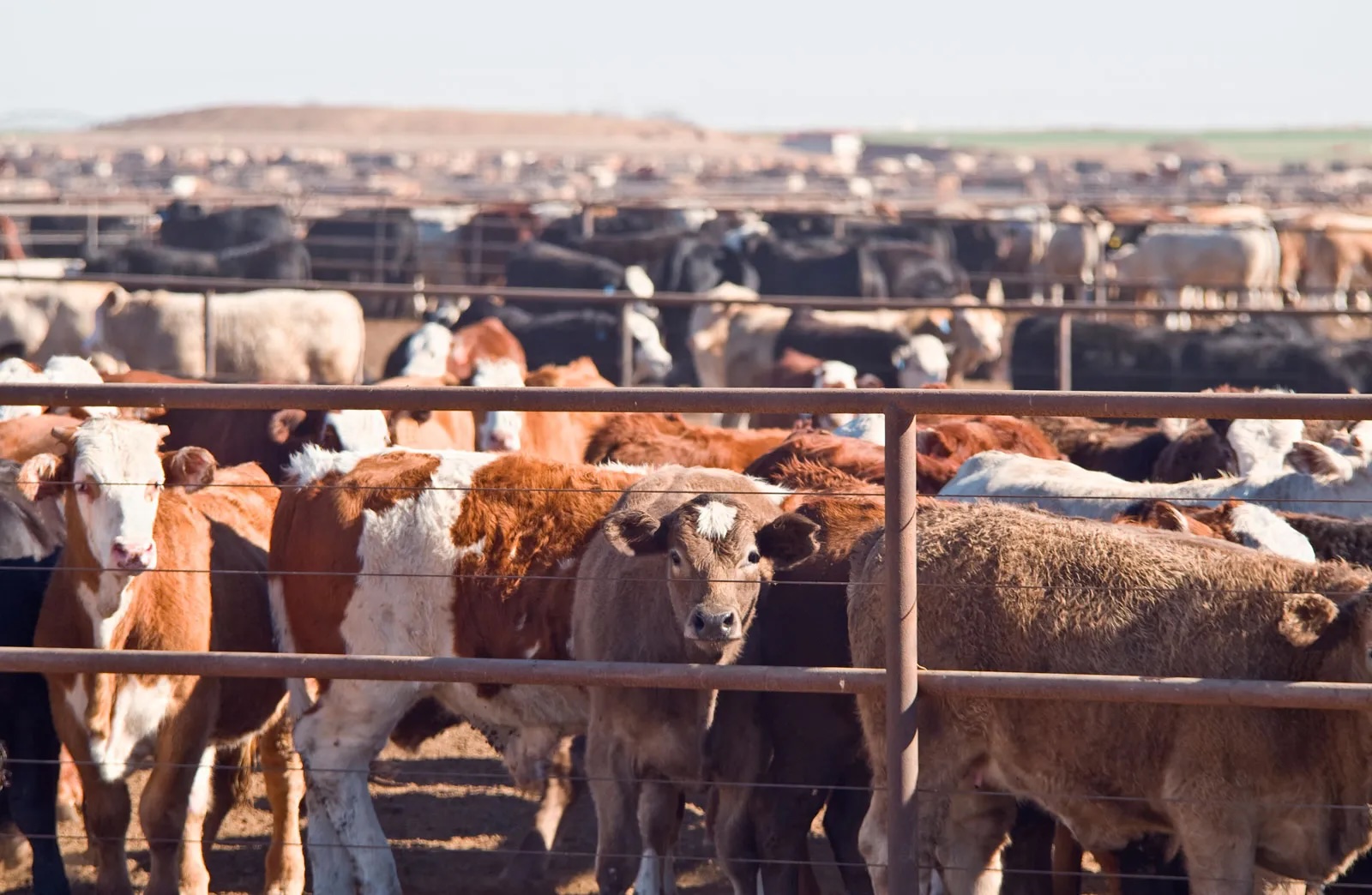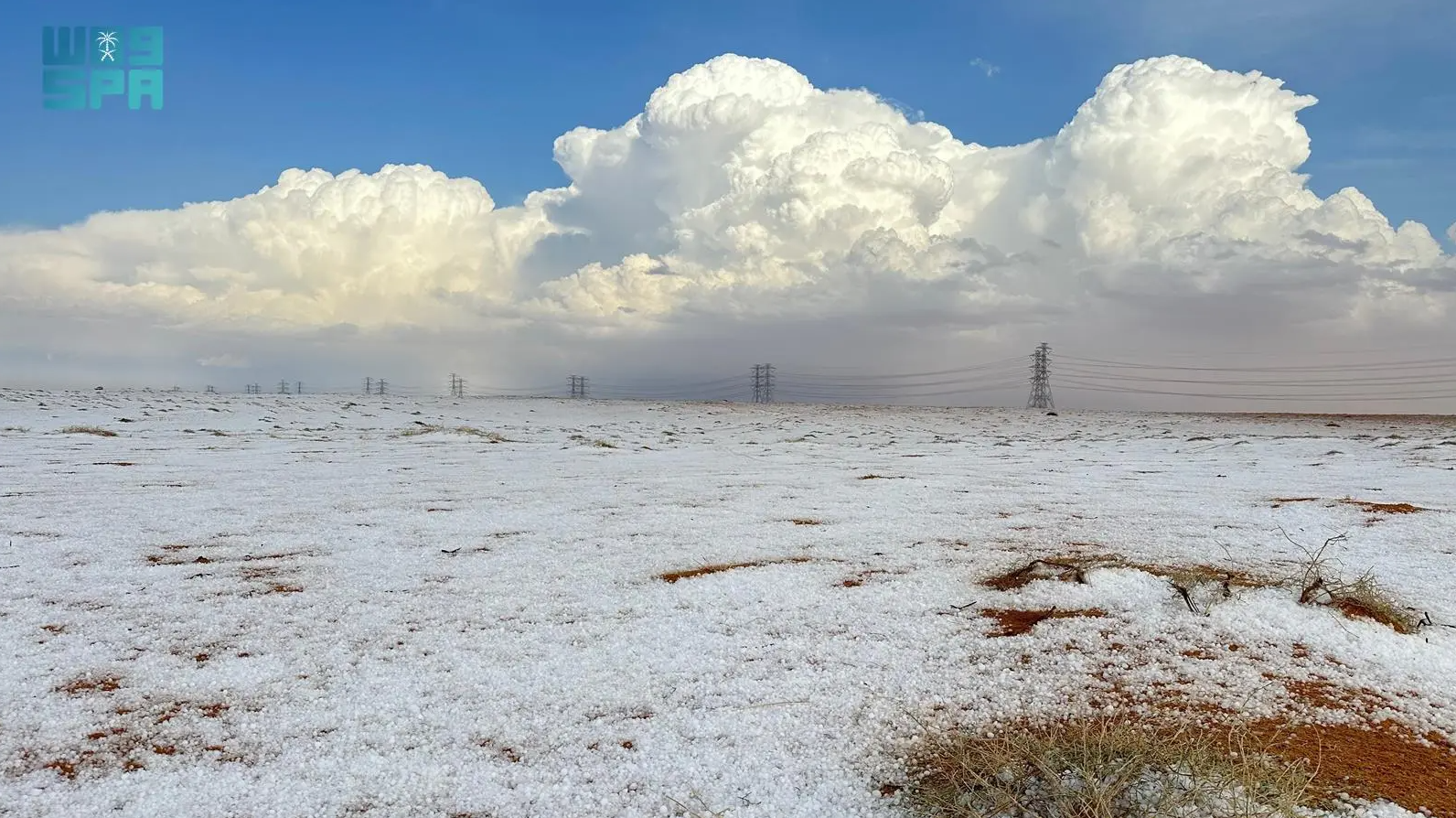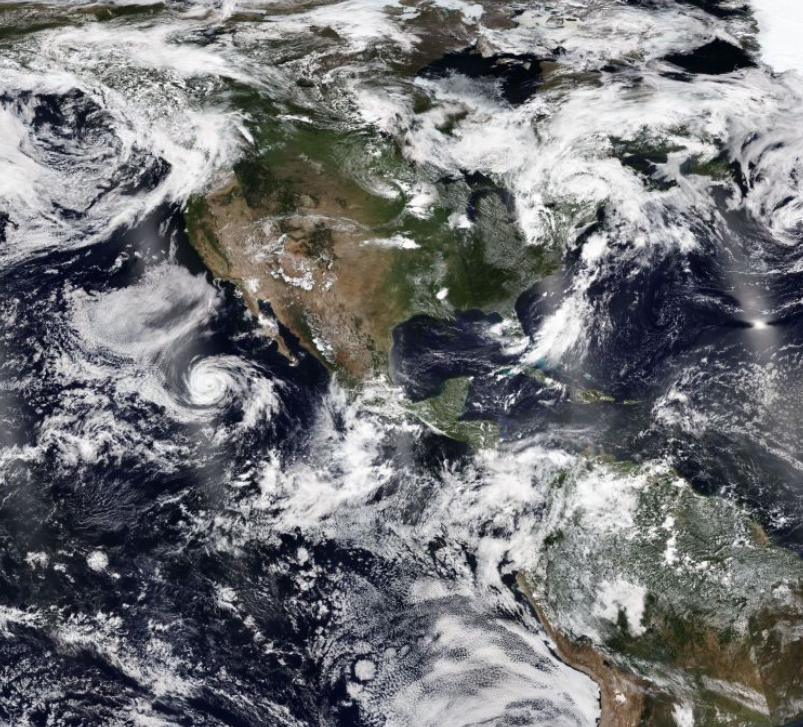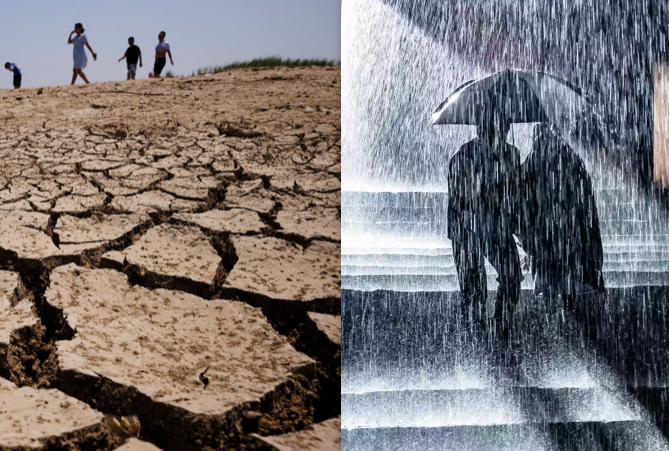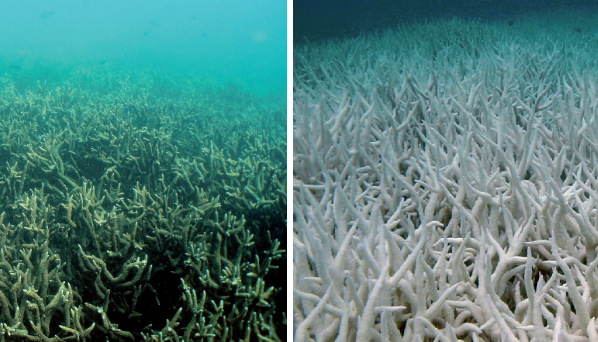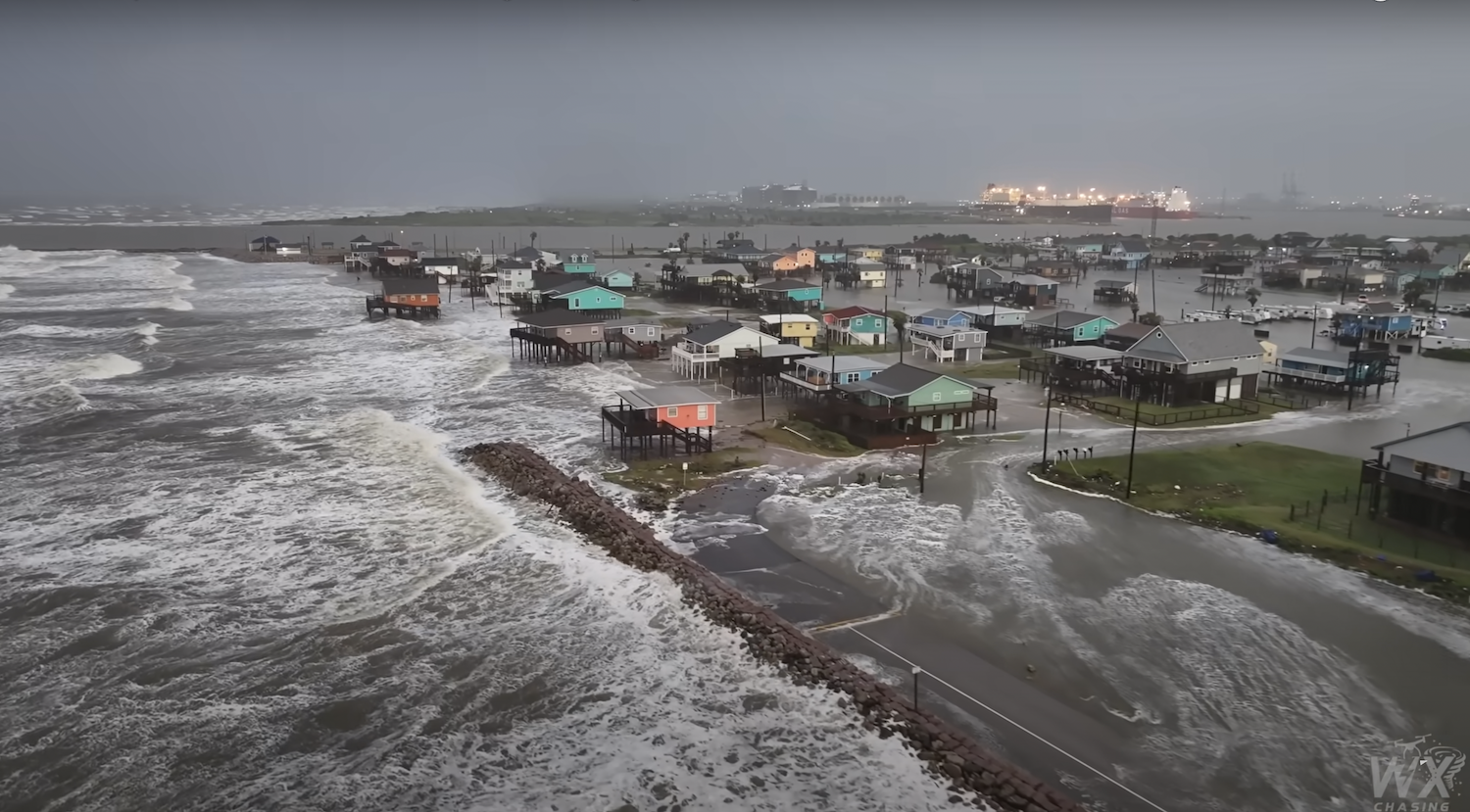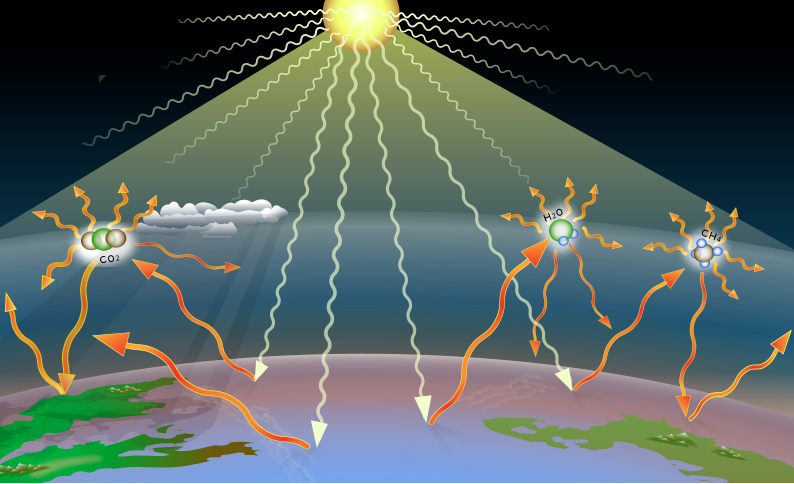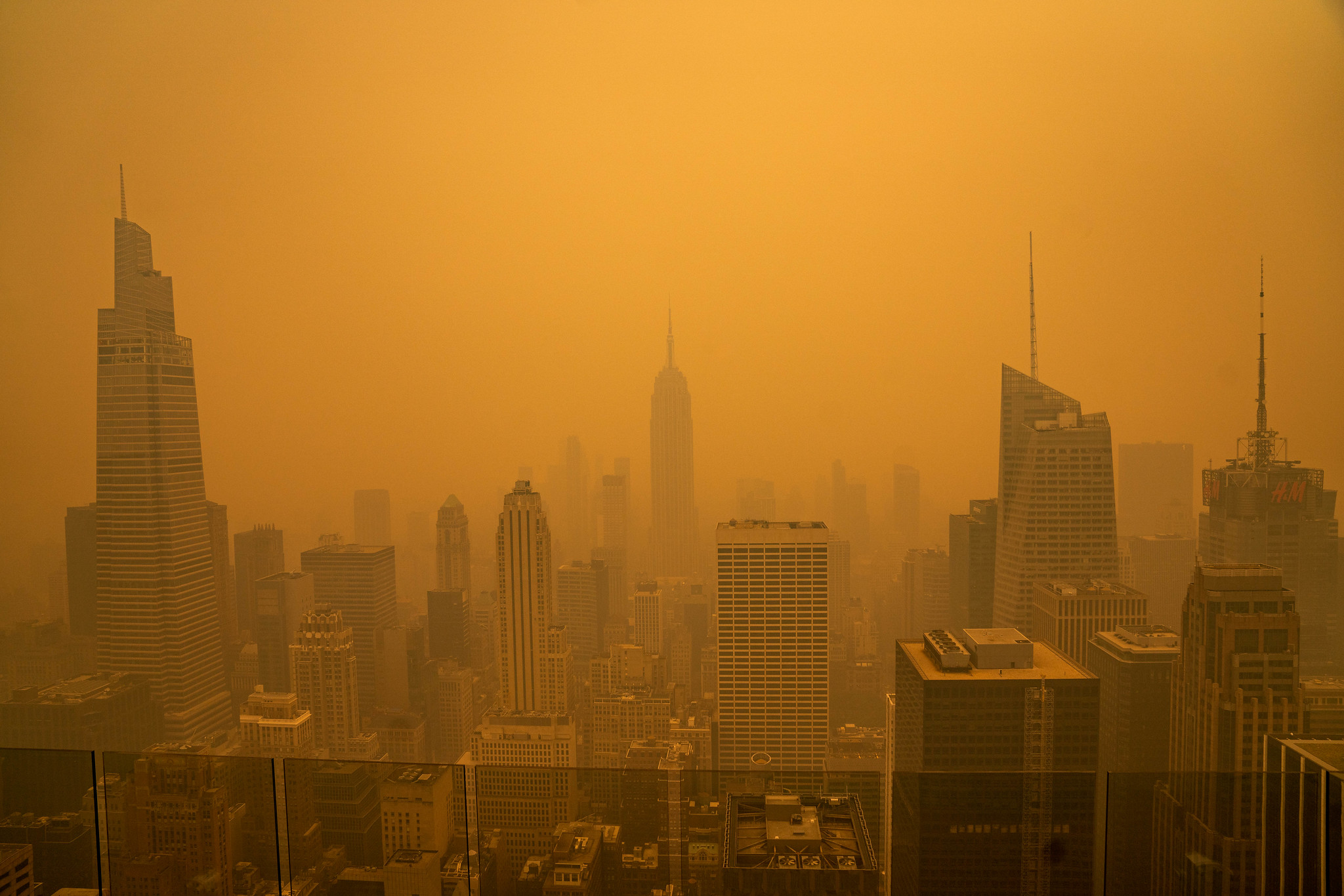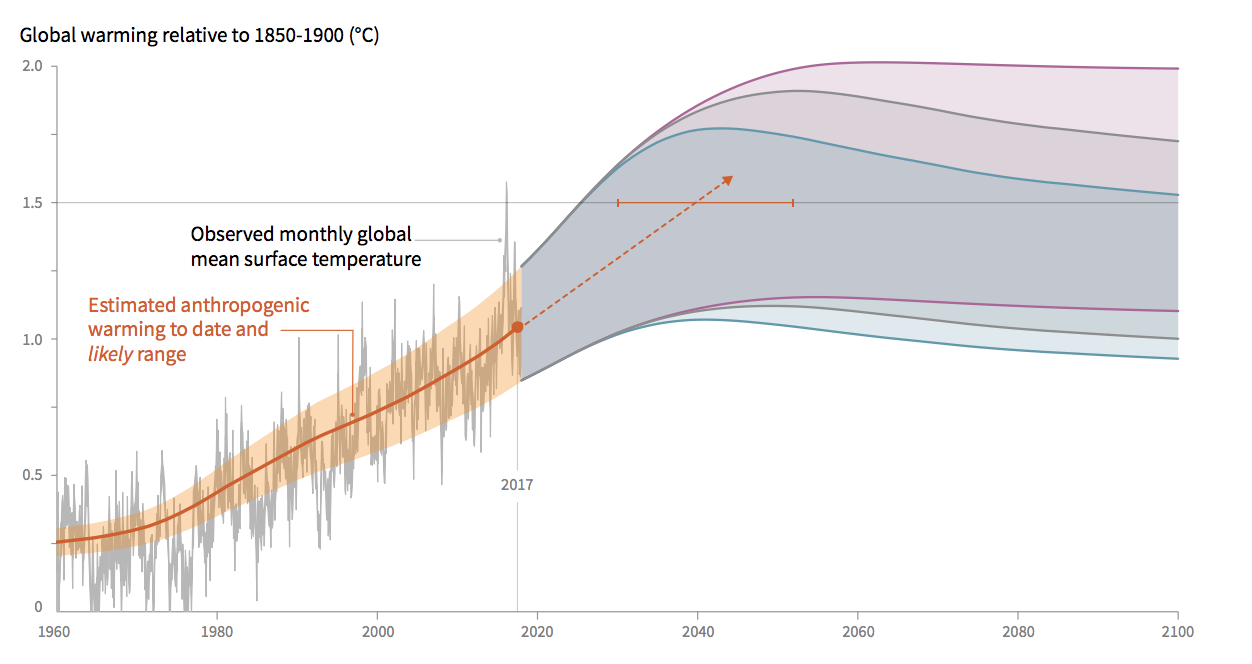Cattle have numerous impacts on Earth’s climate and natural environments, despite misconceptions
Key Takeaways: There were 1.5 billion cattle on Earth in 2022 – that’s more cattle than there are people in any single country right now; Cattle production emits greenhouse gases both through enteric fermentation (i.e., gas produced from digestion) and farming processes – these greenhouse gases warm Earth; Cattle produce approximately 104 million metric tons … Continued

